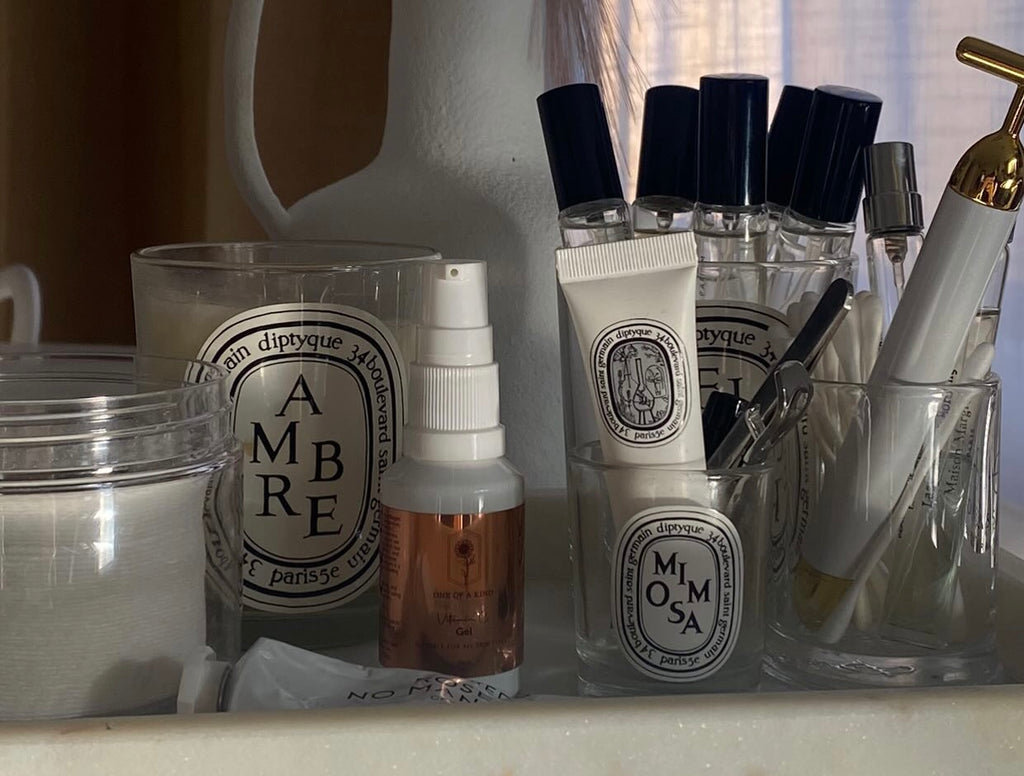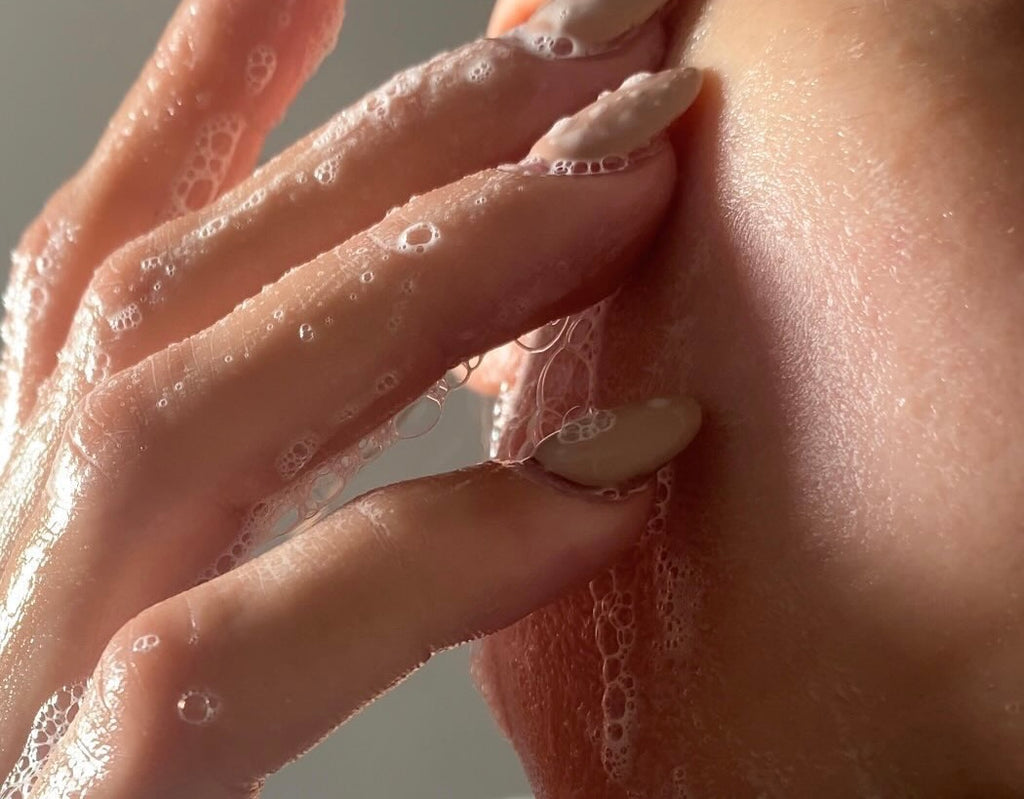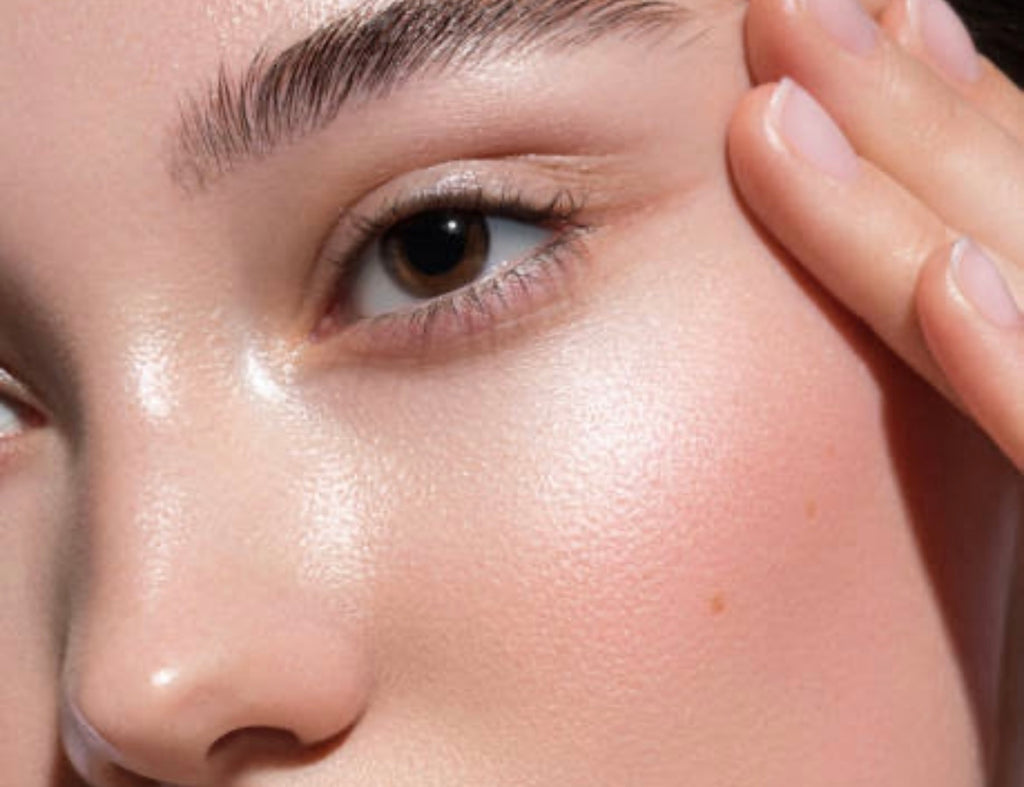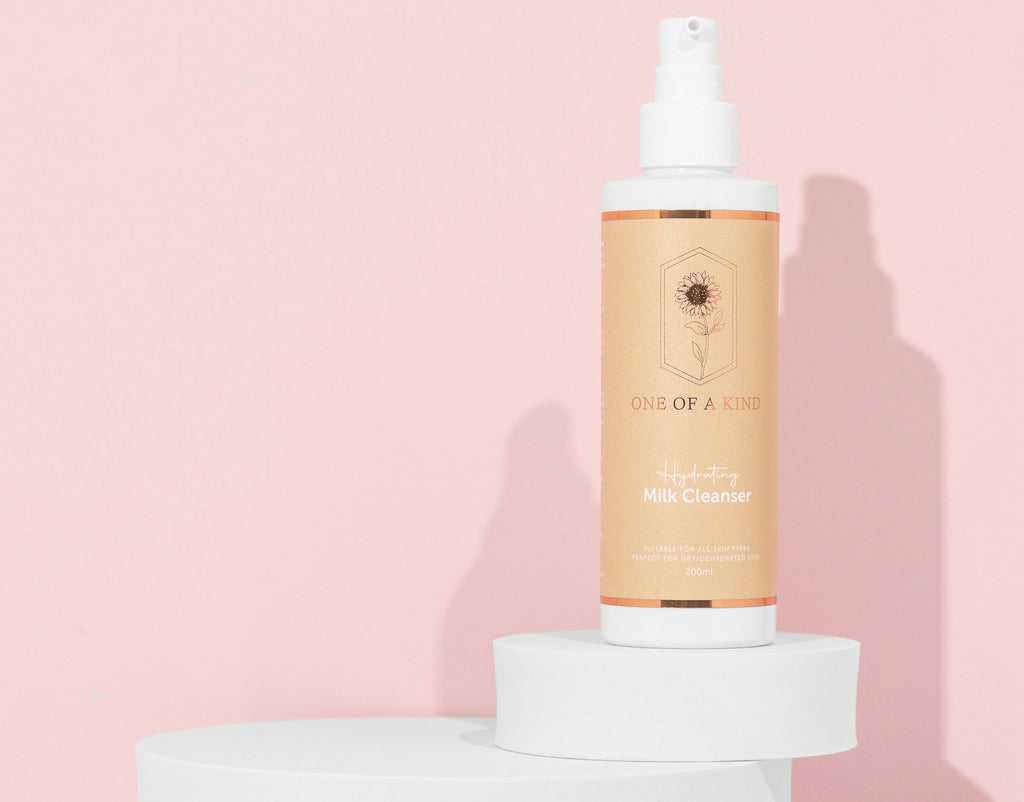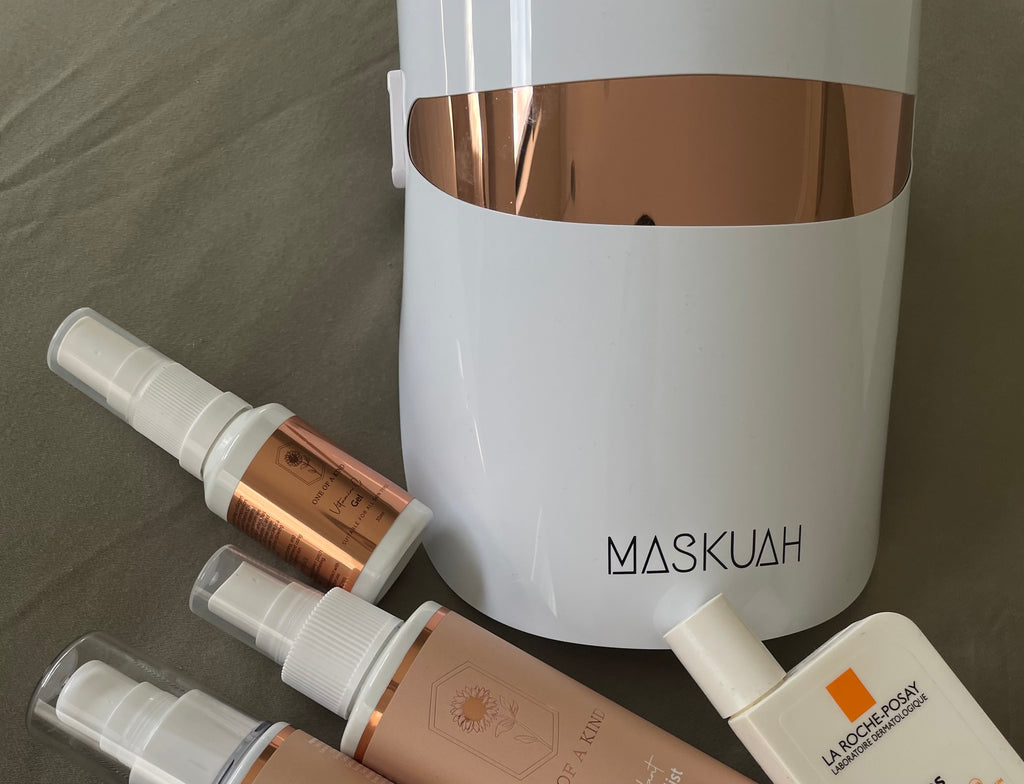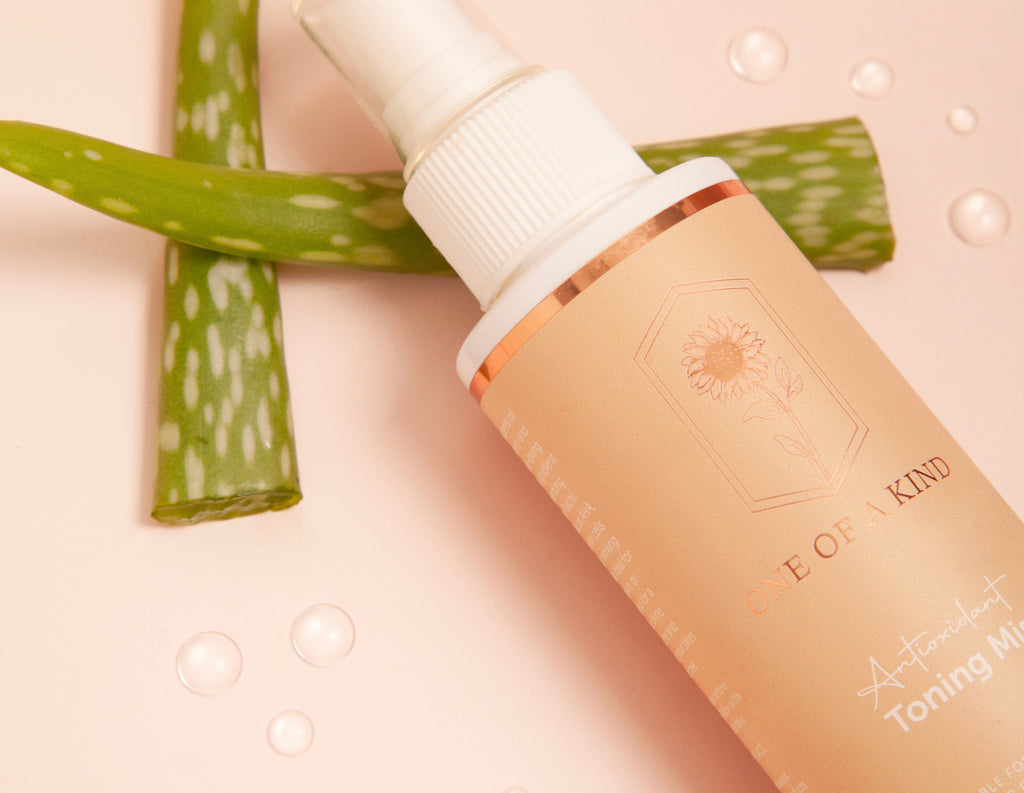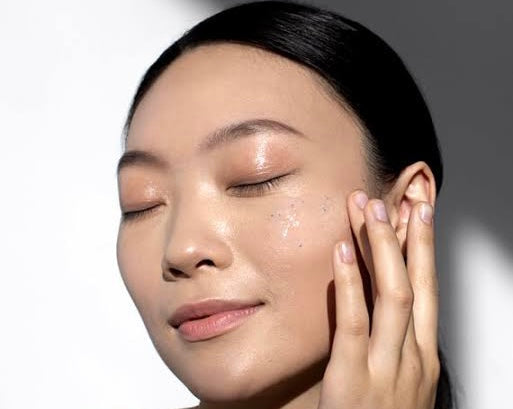Undergoing surgery can be a major physical and emotional undertaking. While the focus may be on the surgical procedure itself, it's important to keep in mind that taking care of your body and skin after surgery is just as important to heal from the surgery and recover mentally and physically.
One area that can be easily overlooked in the post-surgery recovery process is skin care. Depending on the type of surgery you've undergone, your skin may be especially vulnerable and require special attention. Here are some tips for looking after your skin after surgery.
1. Cleanse to Keep Your Skin Clean
Focus on keeping your skincare routine minimal, cleansing is super important. do the basics cleanse and moisturise. Keeping that consistent will ensure your skin is still clean to avoid dirt and bacteria from clogging your pores and resulting in acne and breakouts. We love using a Calming Gel Cleanser because it clears the skin without impacting your PH levels.
2. Avoid harsh chemicals
While it may be tempting to use NEW skincare products it's important to avoid trying anything that may be too harsh or irritating. This includes products containing alcohol, fragrances, or other potential irritants. Stick to gentle, non-irritating products that are free from harsh chemicals.
3. Moisturise regularly
Moisturising your skin can help prevent dryness, itchiness, and irritation, which can be especially important after surgery. Look for a gentle, calming and nourishing moisturiser and apply it to your skin regularly. We love using the Superfood Moisturiser as it contains essential ingredients to keep your skin hydrated and moisturised.
4. Stay hydrated
Drinking plenty of water is important for overall health, but it can also help keep your skin hydrated and healthy. Make sure to drink enough water and other fluids throughout the day to keep your body hydrated.
5. Protect your skin from the sun
Exposure to the sun can be damaging to the skin, especially when it's healing from surgery. Protect your skin from the sun by wearing protective clothing, such as long sleeves and hats, and by using a broad-spectrum sunscreen with at least SPF 30.
6. Be patient
Finally, it's important to be patient when it comes to the healing process. Your skin may not look or feel the way you want it to right away. You may be breakout and have blemishes, but it's okay and is temporary, keep your skincare basic and simple to help with your recovery.
Be gentle with your skin and body and give it time to heal and recover.


